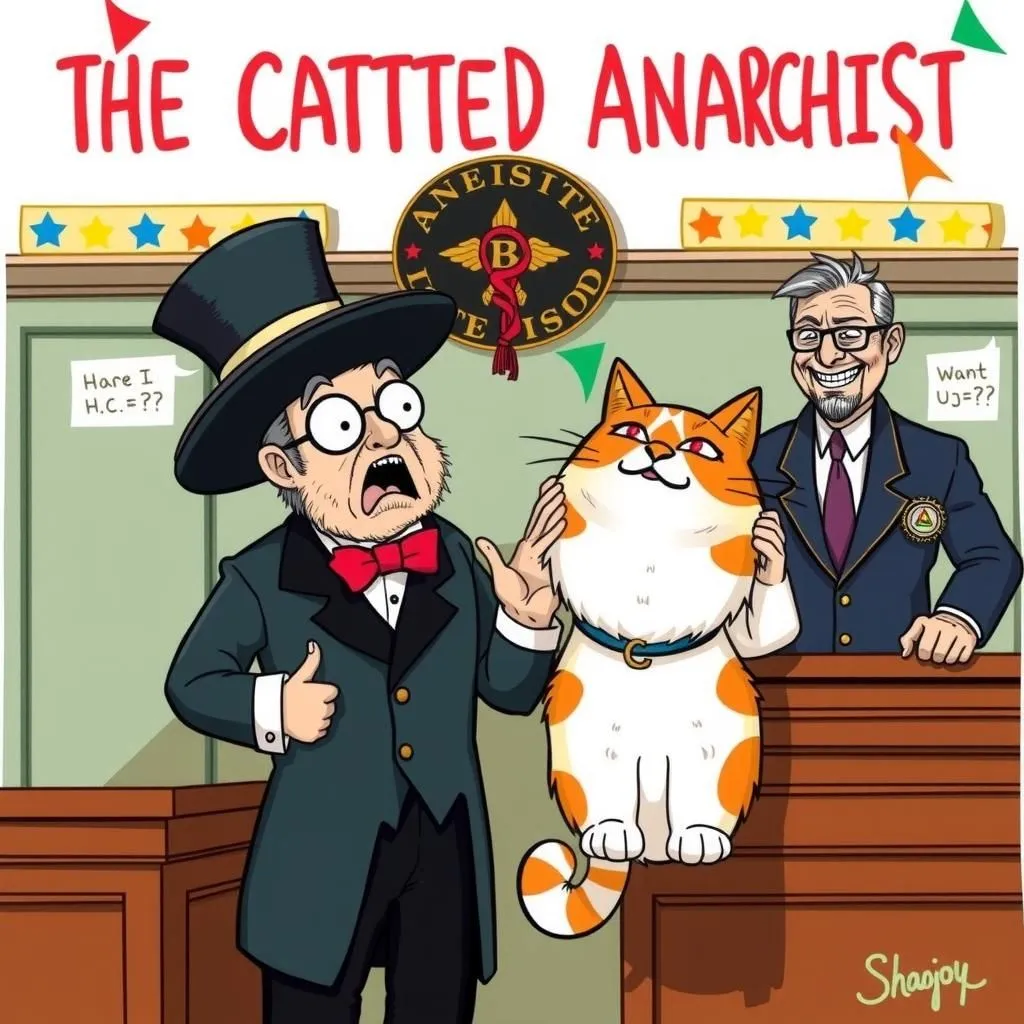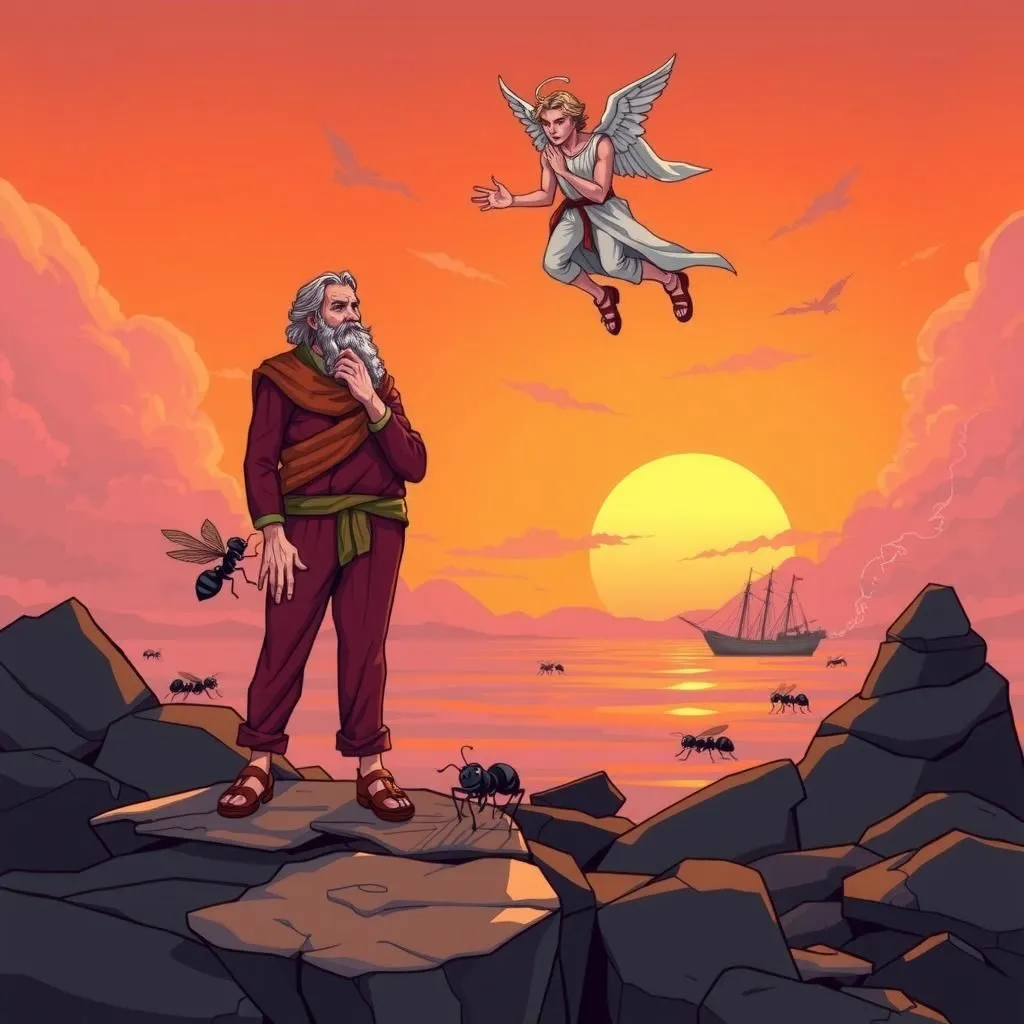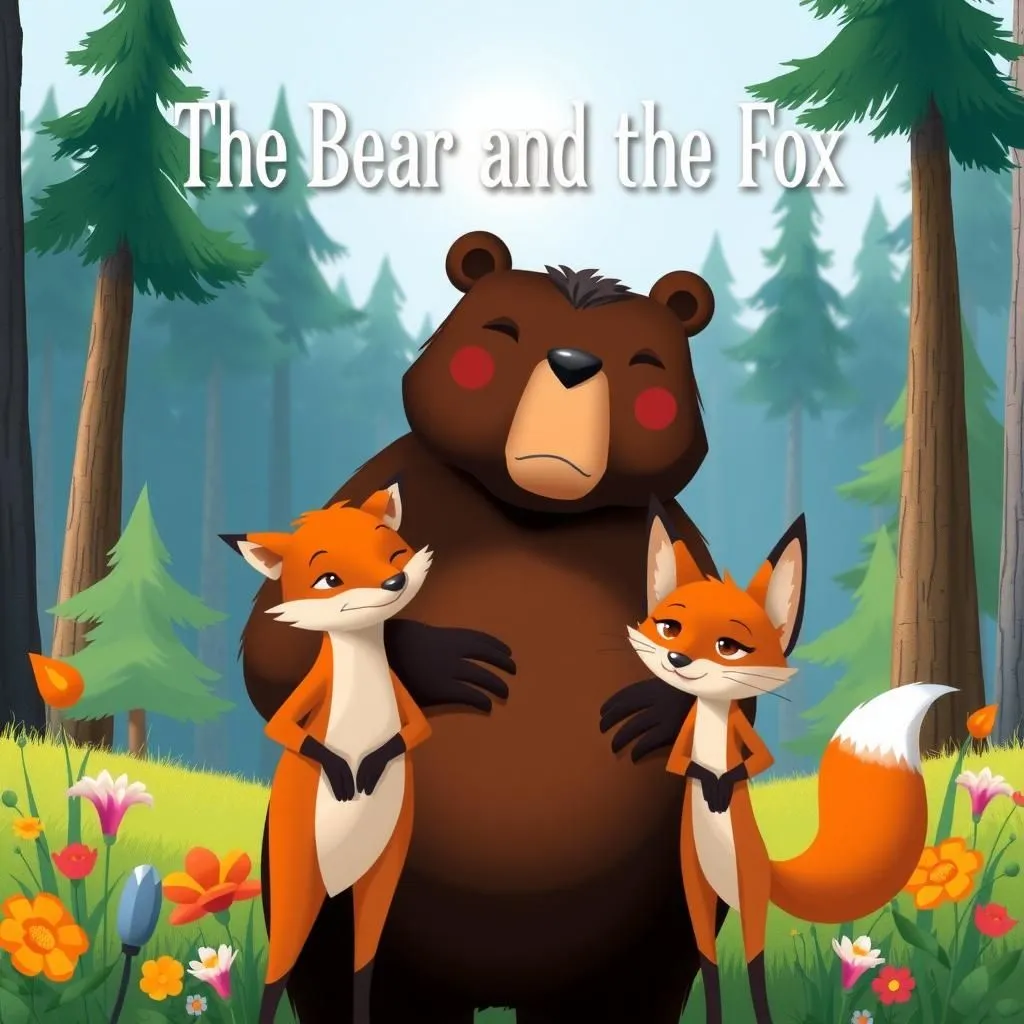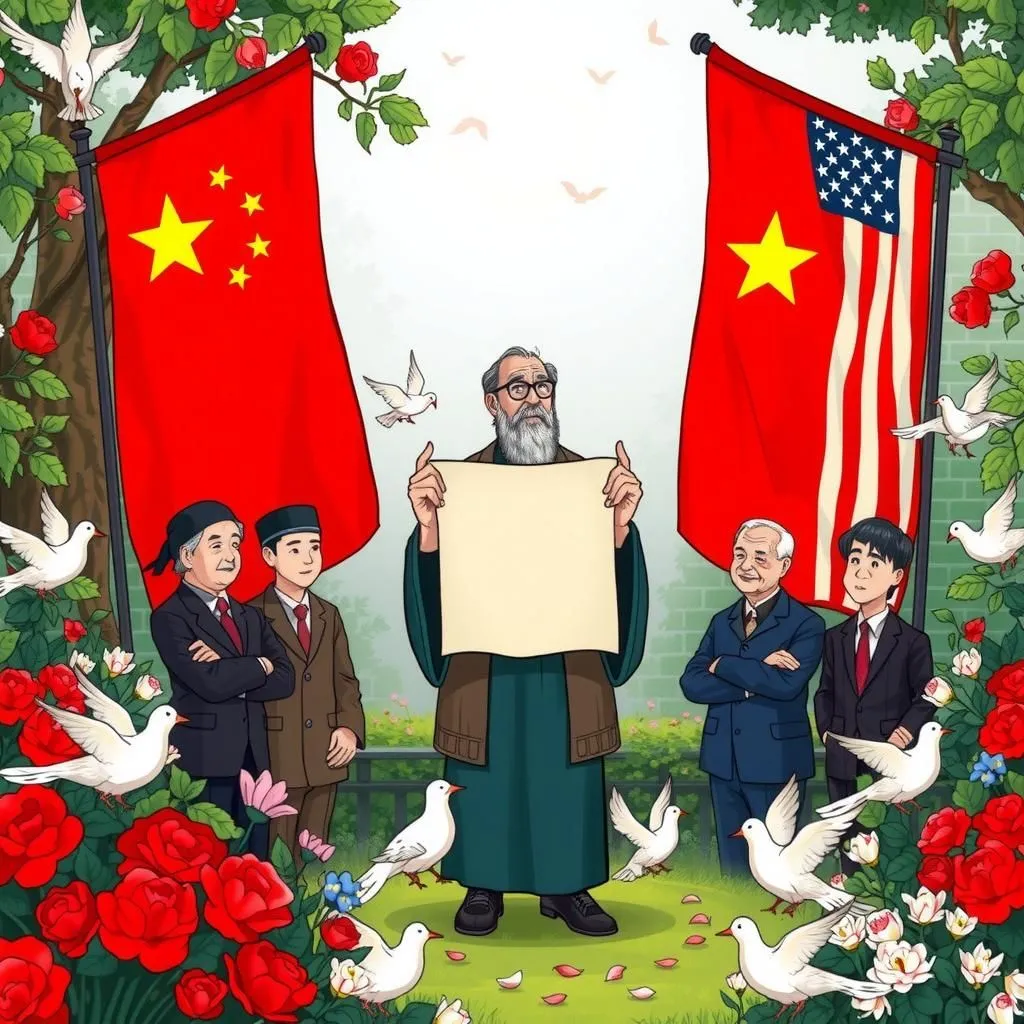
The Catted Anarchist
In "The Catted Anarchist," a quick moral story that intertwines humor and absurdity, an Anarchist Orator, struck by a dead cat thrown by an unknown law enforcer, decides to arrest the cat and bring it before a Magistrate. In a twist reminiscent of fable stories with moral lessons, the Magistrate humorously declares the cat guilty and appoints the Anarchist as the executioner, much to the delight of the law enforcer who instigated the chaos. This meaningful story with moral explores themes of justice, inconsistency, and the absurdity of authority.


